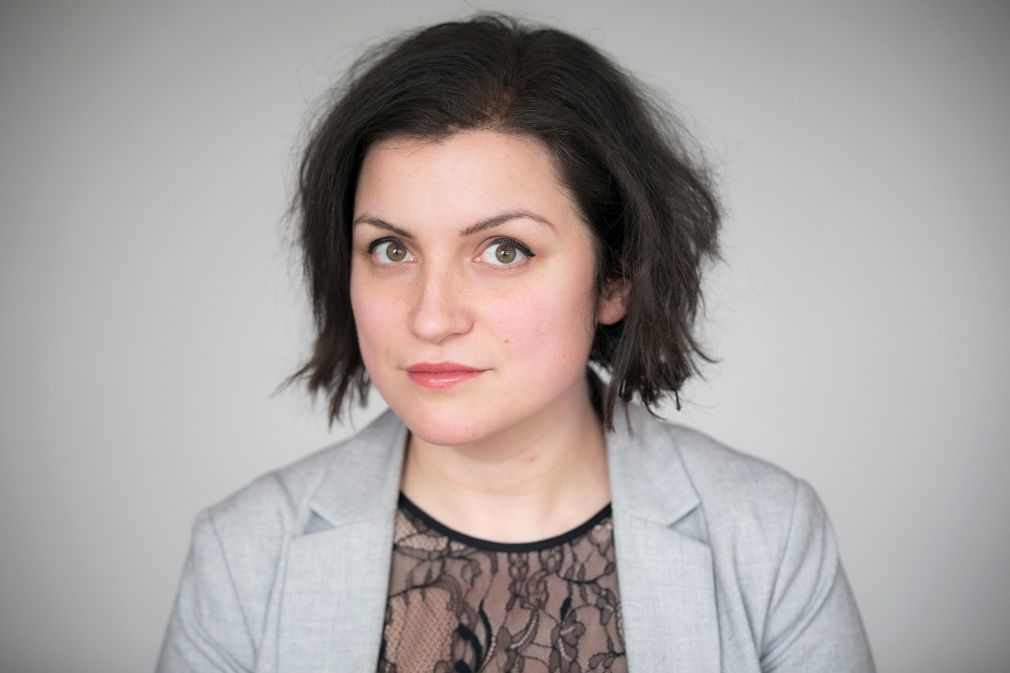It hasn’t gone unnoticed in Hungarian press that – according to The Telegraph – popular British children’s television series Thomas & Friends (Lokomotivček Tomaž in prijatelji) is to introduce a new character, a homeless Kenyan female refugee train called Nia. She’s not the first multicultural character living on the Island of Sodor, and according to the article, “gender-balanced storylines were developed with the assistance of Tolulope Lewis-Tamoka, the UN Women’s Africa Programme Adviser”. Lewis-Tamoka told The Telegraph that “we’re able to bring the idea of a refugee into the mind of a young person without calling them a refugee: someone who looks different to you might end up being your neighbour and very good friend”.
This sounds innocent, doesn’t it? From one point of view Thomas & Friends is a good platform to teach children tolerance and show them that people are different and so on. But from another point of view, I can’t help but notice that there’s something deeply disturbing about this. Shaping people’s minds by the power of language, limiting their way of thinking by a kind of “linguistic dictatorship” is a common phenomenon in dystopias, and the fact that the UN has designed a character for a children’s tv show is pretty close to the scary worlds of these novels.
As I have noted in my editorial for Magyar Hirlap (“Propaganda in the kindergarden”), Nia the refugee train is by far not the only tool the UN has to shape our minds. The Global Compact For Migration – which has been rejected by both the US and the Hungarian government – seems to have the same naive attitude towards migration as a children’s programme. According to recent remarks by Austrian Minister of Interior Herbert Kickl, the Compact focuses only on the positive aspects of migration and doesn’t even distinguish between legal and illegal migration. The Hungarian government has been criticising the document since the first draft and they even left the process when it became obvious that the direction wouldn’t change. It’s no surprise. As Hungarian Prime Minister Viktor Orban recently said in Kossuth Radio’s programme: “across the world the number of countries from which migrants come is far greater than the number countries which they aim to enter; and so we can venture to say that in the UN – where every state in the world is represented – pro-migration forces will always be in the majority”. “We have to make it clear that the clauses and rules of the Compact which they now wish to adopt do not apply to us. The Americans were the first to recognise that they should leave the talks – and if they cannot prevent something, then Hungary will hardly be able to. Then we were the next to withdraw. Now more and more countries are beginning to realise that this is a dangerous game, and in the period ahead they will leave the Compact or voice their reservations: they are beginning to distance themselves from the UN’s document, in case they are later required to take in migrants on that basis – because this is the danger it involves,” he stressed.
I have already quoted Kickl on this issue, and his opinion indicates that at least half of Austria’s right-wing conservative government is definitely against the Compact. There’s already pressure on Austria’s government to reject the Compact, the campaign called “Stop the Pact” has already received massive support in German speaking countries. According to the campaign, our democracy, identity and sovereignty are in danger and this Compact is part of the social experiment called “multiculti”. These concerns are justified, because the document – as Hungarian Minister of Foreign Affairs and Trade Péter Szijjártó has warned on numerous occasions – serves the interests of the countries of origin, not Europe. The Compact’s goal is not only to encourage migration but to silence anti-migration forces, to dispel “misleading narratives that generate negative perceptions of migrants”.
The Compact serves the interests of those forces, who – as Viktor Orban said in his speech on Hungary’s national holiday on October 23 – want “to replace the European Union of nation states with a multicultural empire of mixed populations”.
Mariann Őry, head of foreign desk at Hungarian conservative daily newspaper Magyar Hirlap

